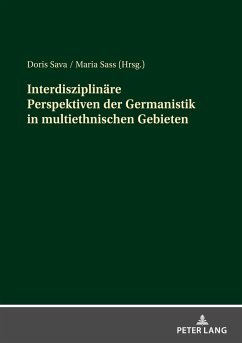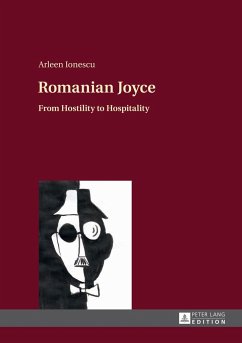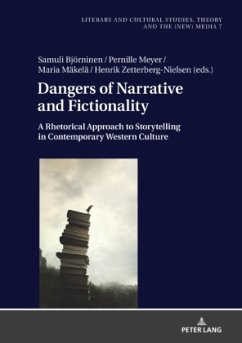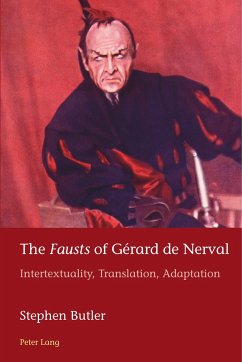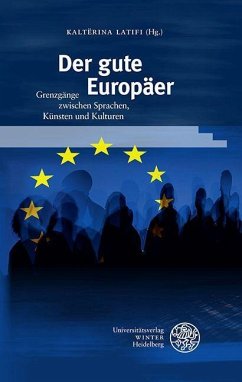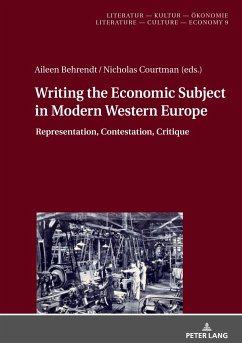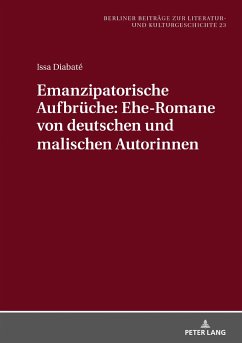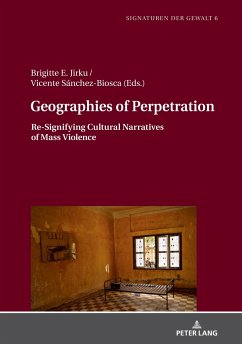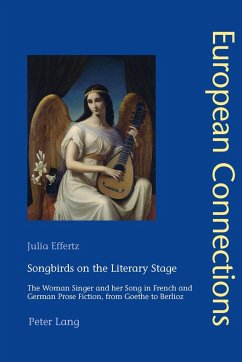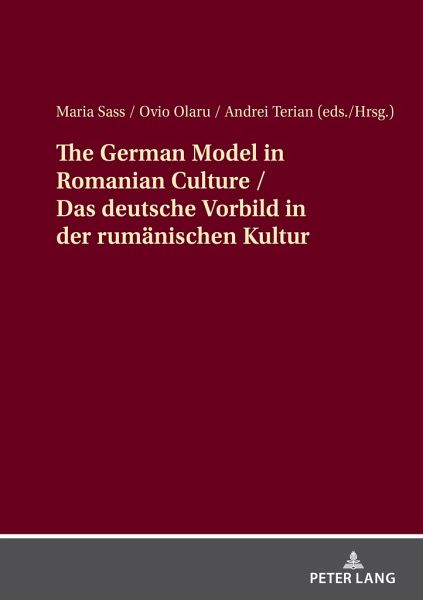
The German Model in Romanian Culture / Das deutsche Vorbild in der rumänischen Kultur
Versandkostenfrei!
Versandfertig in 6-10 Tagen
64,95 €
inkl. MwSt.

PAYBACK Punkte
0 °P sammeln!
The book contains contributions on the significance of German culture for Romanian art, language, and literature. Not only will the direct influence of German role models on Romanian culture be discussed, but it will also show how this influence set in motion a whole series of socio-cultural and artistic shifts that allowed Romanian culture to better understand its position in the European world.Das Buch enthält Beiträge zur Bedeutung der deutschen Kultur für die rumänische Kunst, Sprache und Literatur. Erörtert wird nicht nur der direkte Einfluss deutscher Vorbilder auf die rumänische K...
The book contains contributions on the significance of German culture for Romanian art, language, and literature. Not only will the direct influence of German role models on Romanian culture be discussed, but it will also show how this influence set in motion a whole series of socio-cultural and artistic shifts that allowed Romanian culture to better understand its position in the European world.
Das Buch enthält Beiträge zur Bedeutung der deutschen Kultur für die rumänische Kunst, Sprache und Literatur. Erörtert wird nicht nur der direkte Einfluss deutscher Vorbilder auf die rumänische Kultur, sondern es wird auch aufgezeigt, wie dieser Einfluss eine ganze Reihe soziokultureller und künstlerischer Veränderungen in Gang gesetzt hat, die der rumänischen Kultur ermöglichten, ihren Platz in der europäischen Welt besser zu verstehen.
Das Buch enthält Beiträge zur Bedeutung der deutschen Kultur für die rumänische Kunst, Sprache und Literatur. Erörtert wird nicht nur der direkte Einfluss deutscher Vorbilder auf die rumänische Kultur, sondern es wird auch aufgezeigt, wie dieser Einfluss eine ganze Reihe soziokultureller und künstlerischer Veränderungen in Gang gesetzt hat, die der rumänischen Kultur ermöglichten, ihren Platz in der europäischen Welt besser zu verstehen.





